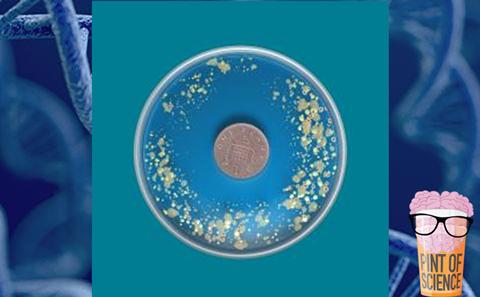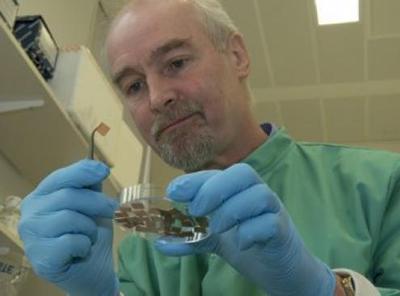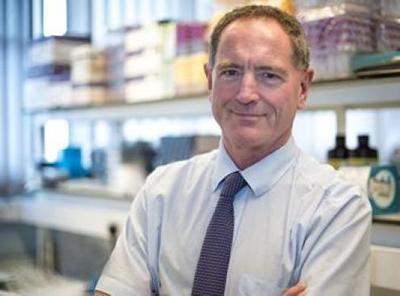Infections and Superbugs: Time for (loose) change? Event

- Time:
- 19:00 - 21:45
- Date:
- 24 May 2016
- Venue:
- The View Bar and Bistro, Sports Centre, Thornhill Road, Southampton, SO16 7AY, United Kingdom
For more information regarding this event, please email contact@pintofscience.com .
Event details
Could the change in our pockets reduce the spread of superbugs? Can we develop new treatments by infecting healthy volunteers? Find out and get hands on by seeing the bugs that can be grown from the palms of your hands! Pint of Science & e-Life pub quiz prizes. Kindly sponsored by: eLife & the Faculty of Medicine of the University of Southampton.

Can copper help reduce superbugs in our hospitals?
Professor Bill Keevil (Chair in Environmental Healthcare)
We live in a world of superbugs, resistant to the majority of antibiotics. Survival of bacteria on surfaces contributes to increasing incidence of antibiotic resistance and infection in hospitals. One way to address this could be to use biocidal surfaces in conjunction with improved cleaning regimes. We have shown that copper alloy surfaces produce a rapid kill of bacterial, viral and fungal pathogens, usually in just minutes. These studies have been replicated in hospitals worldwide and show a 58% reduction in infection rate. This just might help us buy time to develop new antibiotics.

Infection of human volunteers for new treatments & vaccines
Professor Robert Read (Professor of Infectious Diseases, Honorary Consultant Physician)
We are starting a series of projects in which human volunteers are infected with bacteria to allow study of the immune response and the process of infection. There is always a delicate balance between risk to the individual and potential benefit to society, but this is the most direct way to answer fundamental questions in the development of new treatments and vaccines. Current programmes in Southampton are directed against whooping cough, meningitis, and malaria. Our recent work has also taken us into the realm of genetic manipulation of bacteria.
Speaker information
Professor Bill Keevil,Chair in Environmental Healthcare
Professor Robert Read,Professor of Infectious Diseases, Honorary Consultant Physician